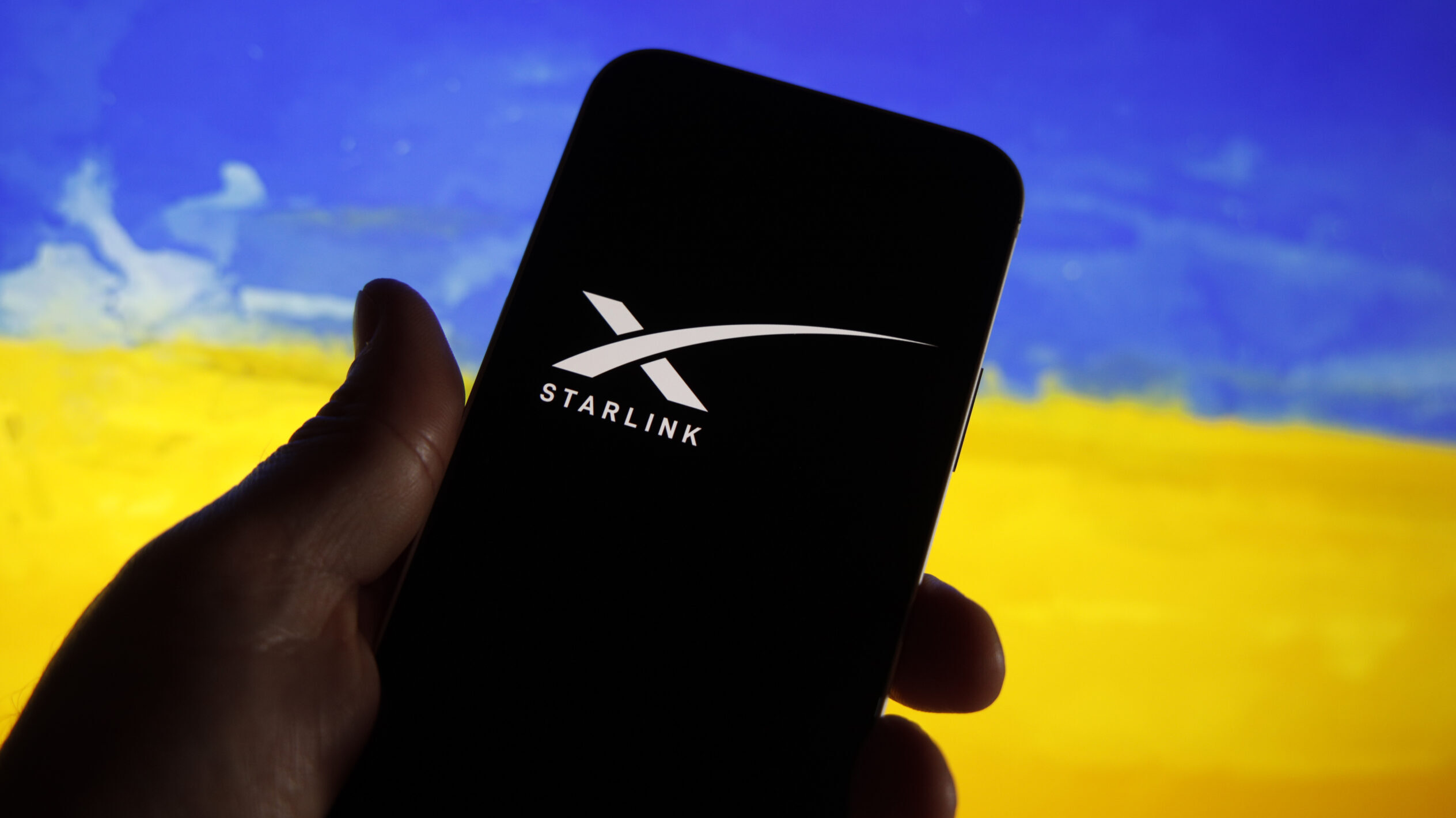
WASHINGTON — The Ukraine military’s use of SpaceX’s Starlink internet communications service as a weapon system in its war with Russia was something the company neither foresaw or agreed to, SpaceX President Gwynne Shotwell said today.
“We were really pleased to be able to provide Ukraine connectivity, and help them in their … fight for freedom. It was never intended to be weaponized, however,” she told the 25th Annual FAA Commercial Space Transportation Conference here today.
“The Ukrainians have leveraged it in ways that were unintentional and not part of any agreement. So you know, we have to work on that [with] Starlink. You offer a commercial product by connectivity to people which is helpful in conflict, but you also want to be careful of how they use it,” she added. “On the other hand, they’re trying to fight for their country, so I understand it. The thing is, it’s not what was intended.”
Shotwell didn’t elaborate on what exact use the Ukrainian military made of Starlink to “weaponize” the satellite constellation and its communications terminals. It is clear, however, that the government in Kyiv has been using the satellite network for not only strategic, but also tactical communications with embattled troops on the ground — for instance, for coordinating strikes on the invading Russian forces.
RELATED: A Musk monopoly? For now, Ukraine has few options outside Starlink for battlefield satcoms
Moscow further has charged that Starlink is directly enhancing the ability of Ukrainian forces to target weapons on Russian forces.

Modern Tech in Indo-Pacific Operations
Explore how networked warfare, AI, and 3D-printed drones are reshaping US Indo-Pacific strategy.
Konstantin Vorontosov, the head of Russia’s delegation to the UN Open Ended Working Group on Reducing Space threats that recently concluded in Geneva, told the group on Jan. 31 that Starlink satellites are being used “not just for communications, but also for guiding drones and also amending the trajectory of artillery shells.”
It also is possible that the communication network has played a role in Ukrainian efforts to fight back against Russian efforts at cyber intrusion, as it is at least technically possible that Russian hacking attempts into Ukrainian communications are being hacked back along the same route by Ukrainian malware.
Starlink has proven a challenge for Russian jamming and hacking attempts — due in part simply to the enormous numbers of satellites making up the constellation. As of mid-January, SpaceX has some 3,120 operational satellites on orbit.
“It’s just the ubiquity,” Shotwell said. “If you got six satellites in view or more, it’s really hard to point a weapon at it, whether it’s a kinetic or whether it’s anything.”